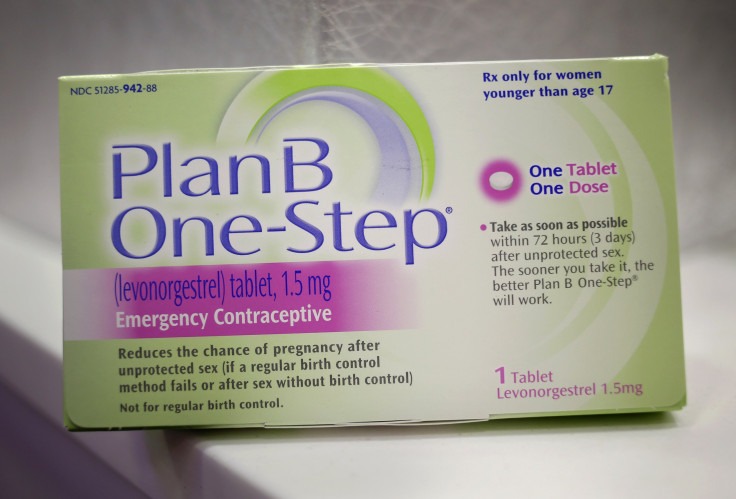White House Offers Compromise To Religious Nonprofits Unwilling To Pay For IUD, Other Contraceptive Products

The White House announced a new compromise Friday to religious non-profits, including Christian universities, hospitals, and charities that object to covering the entire range of contraceptives for employees covered under their health care plans, the Associated Press reported. The accommodation, which follows the Supreme Court Hobby Lobby ruling in June plus a failed first attempt at a compromise, maintains paid coverage of contraceptive products as promised under the Affordable Care Act for women employed by religiously-affiliated nonprofits. Effectively, the new proposal simply lengthens the distance between the employers and the birth control products they morally object to, namely those they say induce an abortion, such as the morning-after pill and certain intrauterine devices.
Going forward, employers will state their opposition in writing to the Department of Health and Human Services, and in turn the federal government will assume responsibility for the objectionable contraceptive products. It is expected the federal government will do this by contacting the nonprofit’s health-insurance plan administrator to request it arrange contraception coverage; the administrator will fund the benefits as usual through the insurance company, and in turn, the insurance company will be reimbursed by the federal government. This labyrinthine scheme addresses issues raised after the White House crafted its original compromise for religious nonprofits following Hobby Lobby, as described by the AP.
In the five to four decision on Hobby Lobby, the Supreme Court ruled for-profit businesses have the right to refuse, for religious reasons, to provide birth control methods and services to their employees. After the June decision, the White House proposed religious nonprofits opt out of paying for contraceptives by simply submitting a form to their health care plan administrators. Religious groups, though, argued filling out the form violated their religious beliefs, as they were still participating in a system that subsidizes what they morally oppose.
According to the AP, critics suggest the new accommodation is unlikely to satisfy religious groups, who might still find themselves complicit in a system that provides birth control through their organizations' health plans.
"We will be studying the new rule with our clients, but if today's announcement is just a different way for the government to hijack the health plans of religious ministries, it is unlikely to end the litigation," Mark Rienzi, senior counsel at the Becket Fund for Religious Liberty, which has represented Hobby Lobby, told the AP. In comments made to Bloomberg, Rienzi said the government should simply exempt religious groups from the requirement entirely. The new religious exception will be immediately available for nonprofits, and soon it should be offered to for-profit companies as well.



























